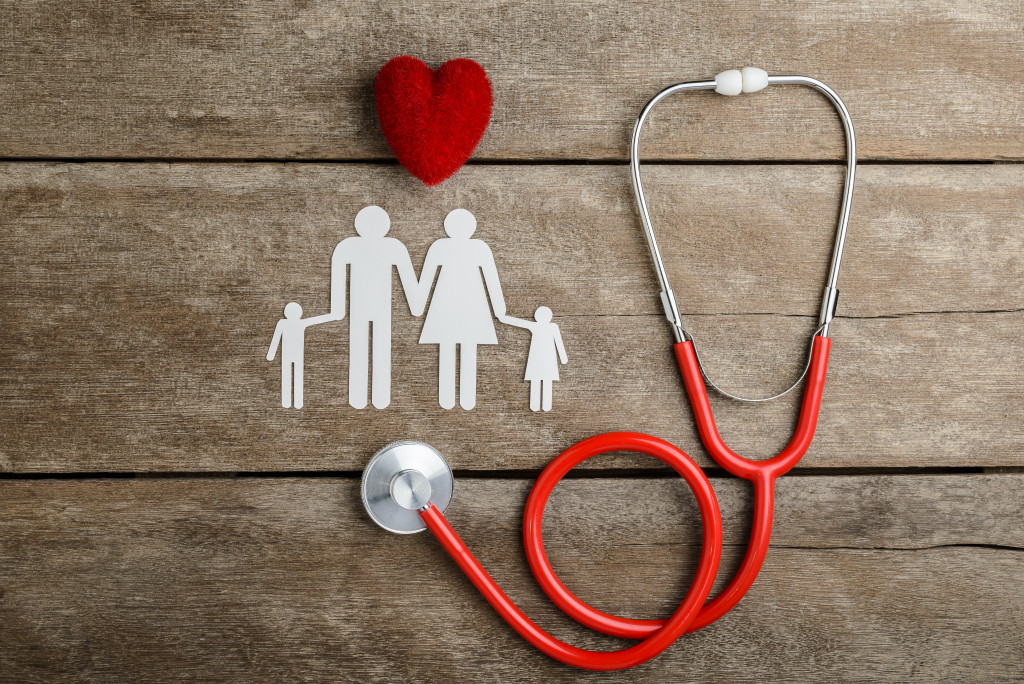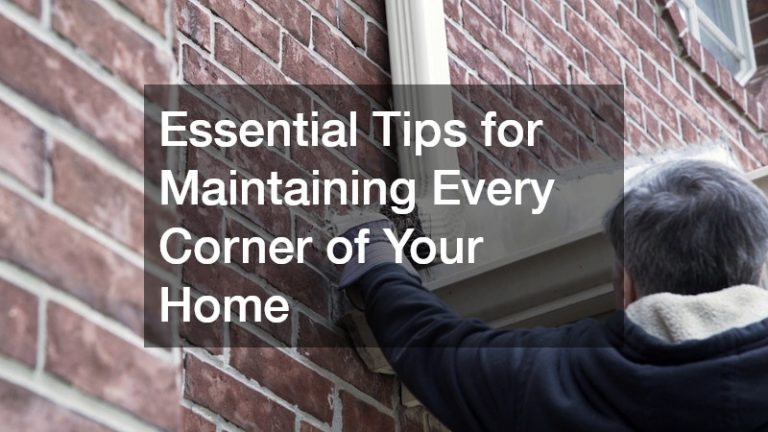Most people probably think of family health as a single entity — you either have it or don’t. However, family health has many different aspects, and each one is just as important as the next. This guide will explore how you can protect your loved ones from harm. This comprehensive guide will cover everything from diet and exercise to safety precautions and first-aid tips.
Eating Healthy Foods
One of the most important things you can do for your family’s health is to ensure they eat healthy foods. A nutritious diet is essential for both physical and mental health, so it’s worth learning about what foods are good for you and your loved ones.
Fruits and vegetables are packed with vitamins and minerals essential for good health, so try to incorporate them into every meal. Lean protein, whole grains, and low-fat dairy are also crucial for a balanced diet. And don’t forget to stay hydrated! Drinking plenty of water is essential for flushing out toxins and keeping your body functioning properly.
Getting Enough Exercise
While it’s important to eat healthy foods, it’s also essential to make sure your family gets enough exercise. Exercise not only helps with weight control and maintaining a healthy body, but it can also improve mood and reduce stress levels.
There are plenty of ways to get your family moving. Take a trip to the park or go for a bike ride together. You can also find active games to play indoors on days when the weather isn’t cooperating. And if you have young children, try to get them involved in a sport or activity they enjoy.

Staying Up-To-Date on Vaccinations
Vaccinations are one of the simplest and most effective ways to protect your family from harmful diseases. Make sure everyone in your household is up-to-date on their shots, and don’t forget to get your flu shot every year!
You can usually get vaccinations at your local doctor’s office or health clinic. Many pharmacies also offer vaccines, so it’s easy to get the protection you need. You may even be able to get some vaccines for free through government programs.
Regular Health Checkups
It’s important to see a doctor or healthcare provider regularly, even if you feel healthy. Regular checkups can help catch health problems early when they’re often more easily treated. That’s why it’s a good idea to schedule an annual physical for everyone in your family.
During a checkup, the doctor will usually take your vital signs (temperature, blood pressure, etc.) and may also order tests like bloodwork or a urine test. They’ll also ask about your medical history and any symptoms you may be experiencing. Be honest with your doctor, so they can provide the best care.
Good Oral Hygiene
Oral hygiene is often overlooked, but it’s actually very important for overall health. Regular brushing and flossing can help prevent cavities and gum disease. And if you have young children, be sure to start them off on the right track by teaching them proper oral care habits early on.
It’s essential to visit a dentist regularly, even if you take good care of your teeth at home. Dentists can spot problems early on and help prevent them from getting worse. They can also give you tips on improving your oral hygiene routine.
Safety Precautions
Accidents happen, but there are some precautions you can take to help prevent them. Teach your kids about basic safety rules, such as always looking both ways before crossing the street. You should also have a first-aid kit handy in case of minor injuries and know how to administer CPR in case of an emergency.
You can also make your home safer by taking some simple precautions. Install smoke detectors and carbon monoxide detectors, and make sure they’re working properly. Keep poisonous substances out of reach, and never leave young children unattended.
Cleanliness Matters
It’s important to practice good hygiene and keep your living space clean to prevent the spread of germs. Encourage everyone in your family to wash their hands regularly, especially before eating or after using the restroom. You should also regularly disinfect surfaces like doorknobs, countertops, and light switches.
And don’t forget about your pets! Dogs and cats can carry germs that can make people sick, so it’s important to keep them clean as well. Be sure to brush their fur regularly and take them to the vet for checkups and vaccinations.
Following these simple tips can help keep your family healthy and happy! Don’t forget that regular checkups with a doctor or healthcare provider are essential for overall health. And if you have any concerns, don’t hesitate to contact your healthcare team. They’re there to help!




